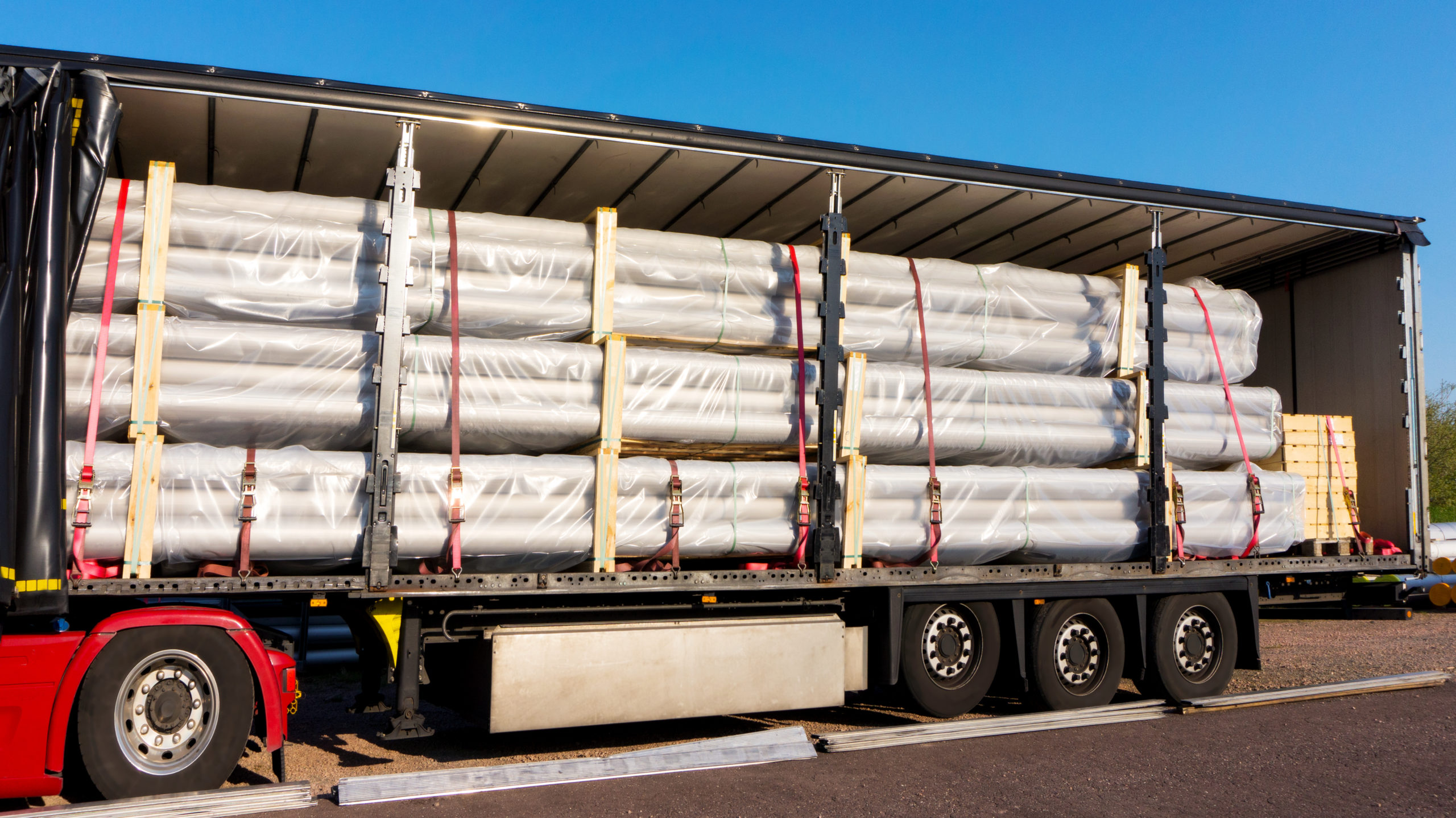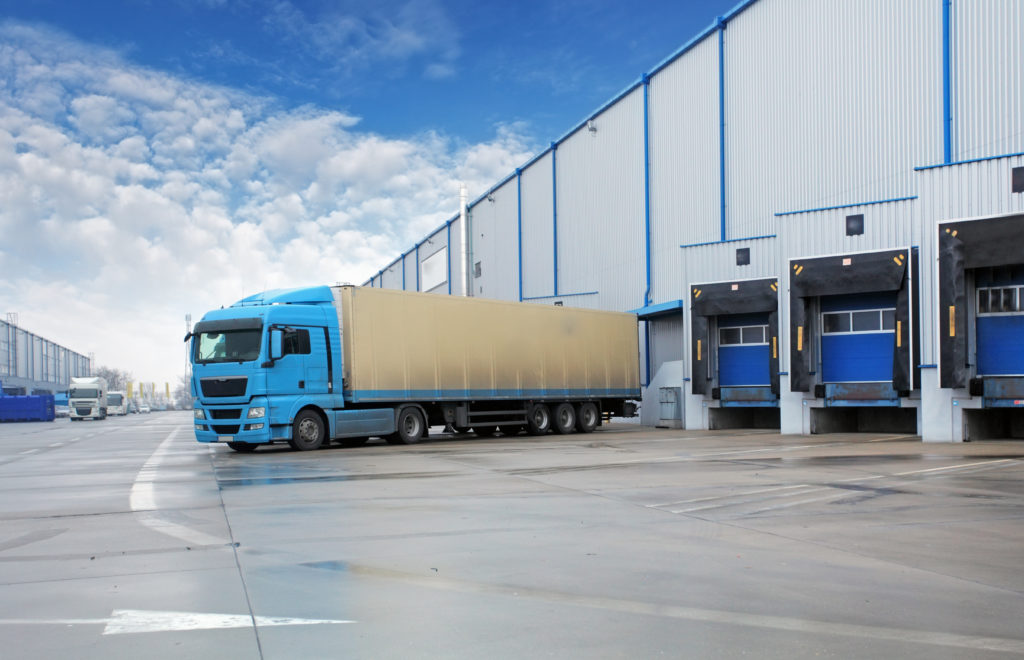After the economic recovery from the pandemic, the construction industry in the US is expected to grow steadily over the rest of the year. According to Forbes, about 34.1% of the single-family homes sold out as of December last year were new constructions. In the same month, building permits were up by 6.5%, an indication that home contractors handled more projects early this year. (1)
With the demand for construction services increasing, it’s best to adopt more reliable, time-saving, and cost-effective ways to run your daily operations. That includes more efficient hauling of workloads from one location to another. If you’re a home contractor, you may want to invest in trailer decking to store and safely transport your valuable tools or heavy-weight equipment to and from the construction site.
That said, below is a comprehensive guide to trailer decking:
Type of material to choose for trailer decking
When it comes to trailer decking, there are various material options present in the market. That being the case, you must select quality flooring or decking material that fully meets your needs. Here are some factors to consider before settling for one:
- The nature of the trailer load: If you’re dealing with bulky equipment, you’d want to select stronger and high-density materials like apitong that can hold heavy-duty loads without bending or breaking.
- Moisture resistance: Leakages are bound to happen, especially if transporting fluid-containing equipment. The trapped moisture between materials can cause some materials to rot and also cause damage to the floor surface. Therefore, to prevent this, consider choosing a water-resistant trailer decking material.
- Chemical resistance: Apart from water spills, your decking material should be resistant to chemical spills or other corrosive industrial fluids that can leak from the equipment being hauled.
- Easy to clean and repair: Select a material that wouldn’t give your maintenance crew a hard time repairing or cleaning.
- Slip resistance: Your decking material should provide good traction to keep your load in place and prevent injuries due to accidental slips.
Trailer decking costs
Trailer decking costs are primarily dependent on its size and the type of decking material you choose. The first cost to expect is the initial purchase price, which includes the labor costs for customization and installation. Aside from that, there is a cost of ownership attached to any work tool, which also includes trailers. These operation costs could be brought to a minimum if your trailer decking has fewer maintenance issues. Before making a purchase, always evaluate quality, durability, and serviceability to ensure a good return on investment.
To learn more about the exact costs and what trailer decking system is perfect for your transportation needs, consider inquiring the trailer’s manufacturer.
Benefits of investing in trailer decking
Along with bearing the burden of the load during the travel duration, trailer decking offers a myriad of other benefits, such as the following:
- Capacity for hauling wide loads: Depending on your load capacities, there are different sizes of trailer decks that can accommodate larger and complicated loads. You can also store bulkier equipment, that couldn’t be disassembled to fit smaller forms of transportation.
- Effective loading and unloading: Because of the adequate surface area, it’s simple to load and unload the trailer, either manually, or with the use of forklift extensions.
- Maximum transportation capabilities: You can save time and money by hauling your construction loads in a single trip, as opposed to doing multiple trips.
- Readily available materials: Most trailer decking materials like hardwood are easily found and can be sourced from a reliable manufacturer.
- Can withstand extreme conditions: With proper use and maintenance, your trailer decking can withstand different weather conditions and have a longer, expected service life.

Trailer decking maintenance
Due to long-distance transportation, traveling through rough roads, and exposure to the elements, your trailer’s flooring is constantly subjected to wear and tear. In addition, the weight and the nature of trailer load and frequency of load and unload cycles can increase the rate at which the trailer’s components wear out. Therefore, it’s important to have your trailer checked and maintained on a regular basis.
That said, your trailer decking may need flooring replacement or repairs if you spot the following issues:
- Rotten boards
- Loose or rattling surfaces
- Rust spots and any other signs of moisture damage
- Cracks or weld separations
To increase the service life of your trailer deck, consider the tips below:
- Use a sealant: This is meant to keep out moisture from the boards, especially if you have wooden trailer flooring.
- Safe storage options: Covering the whole trailer won’t be necessary as long as you always strive to store it properly or use a roll off systems for cover. For instance, you should avoid packing it in the shade to protect it from excessive moisture absorption.
- Careful use: While it might not be possible to gently offload heavy equipment from the trailer, you should still try to limit dragging and scraping to minimize scratches and other kinds of mechanical damage.
- Repair tips: Decking materials like wood are easy to repair since you only need to find the screws and unscrew the board. After swapping out the board, you may need lumber and a sealant to seal it up. However, if the damage worsens, you should prepare for a more intensive repair project. (2)
- Cleaning: Clean up any spills, dust build-up and debris trapped underneath or in-between surfaces.
If your current trailer decking is already severely deteriorated, it might be too expensive to maintain. At that point, it’d be much better to invest in a new transfer trailer that adequately meets your demands.
Legislative requirements
The Code of Federal Regulations (CFR) provides basic legal requirements for any transfer trailer machinery. These comprise of the following:
- The trailer flooring should be well-constructed.
- The decking must be tight enough to eliminate gaps in order to prevent the entrance of gasses, fumes, or fires.
- The equipment should always be kept clean.
- Surfaces should never be permeated with liquids like oil that can cause slippage. (3)
Conclusion
As a home contractor, trailer decking plays a critical part in simplifying your transportation needs. It’s just as important as the equipment being hauled to the job site. For that reason, it’s essential to identify the appropriate trailer decking material that fully meets your requirements. While at it, note that you should weigh the costs, take into account all legal requirements, and have a maintenance program so you can get the most value out of your trailer.
References
- “One-Third Of Houses For Sale Are New Construction, An All-Time High”, Source: https://www.forbes.com/sites/brendarichardson/2022/02/01/one-third-of-houses-for-sale-are-new-construction-an-all-time-high/?sh=c533dca242c1
- “How to Replace Boards on a Deck”, Source: https://www.wikihow.life/Repair-a-Deck
- “Code of Federal Regulations”, Source:






